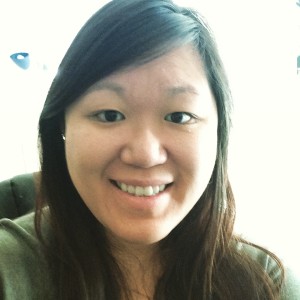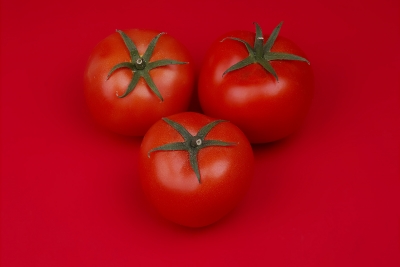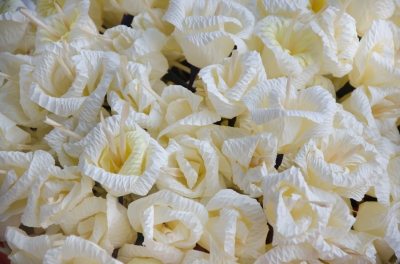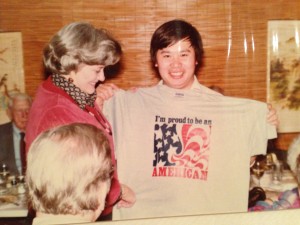Throughout this month of blog posts, I have talked about aspects of my childhood and my present life, celebrating and maintaining my Chinese heritage. I am grateful to be able to celebrate who I am: ethnically Chinese yet culturally both Chinese and American.
Yet, it hasn’t been an easy road to travel to come to this appreciation, even to this day. Before I entered into grade school, I thought I had a normal childhood and a normal family; but once I entered into grade school and was exposed to the other children in my hometown, I realized I was very different from them, yet the same as well.
It has been a struggle to really embrace my identity as Chinese-American: as my Ignite Denver talk above shows, I have had many moments of just not fitting in with any group I encounter. My mostly Caucasian classmates treated me as the different one; when I met other Asians, they had a hard time comprehending that yes, even though I looked similar to them, I was American.
And from either side, I have encountered that discrimination, that insidious racism in many ways: the judgmental looks I get when I am out with my wonderful partner, Ryan; the condescending tone from Caucasian ladies who’ve adopted daughters from China and assume they themselves know more about the Chinese culture than I do; and just, the bewildered looks I receive when I speak “perfect English”.

I don’t regret my identity, but I hope that in my lifetime, the feelings I have had over “explaining” who I am will diminish; that it won’t be strange for my children to celebrate multiple cultures and appreciate them all; that honoring one’s ancestral heritage will become the norm instead of the exception.
We may be a world of melting pots, but there still needs to be celebration and appreciation of our distinct cultures.



